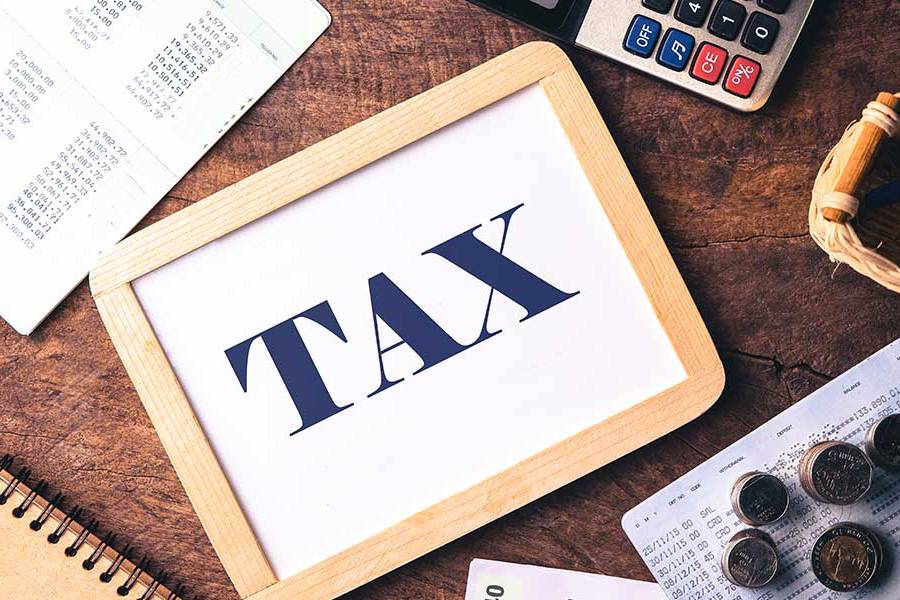Sri Lanka will be implementing a 5-year strategic plan (2020-2024) in phases ensuring that the products and industries that really need protection are safeguarded.
Under this plan, para- tariffs including Special Commodity Levy (SCL) the Ports and Airports Development Levy (PAL) and the Commodity Exports Support Scheme Levy (CESS Levy) will be removed without considering the loss in revenue for the government.
These taxes are considered a disadvantage to international trade and a drawback to divert towards the sectors which have a better economic viability, a Finance Ministry official said.
The removal of those taxes will bring down cost of living and reduce economic competitiveness causing a productivity and efficiency improvement, he said.
The protective measures such as anti dumping and countervailing duties will also be imposed in order to prevent the inflow of goods at prices less than their costs of production to safeguard the domestic industries.
Para-tariffs on imports will be phased out over five years, while products related to tourism, manufacturing, and construction will be free of para-tariffs over three years.
Minister Mangala Samaraweera noted that Sri Lanka will abolish para tariffs in around 1000 items but will help domestic industry to reach international markets.
The Treasury is expected to forego Rs. 6 billion in revenue with the removal of para-tariffs, he said adding that 10 per cent of all HS codes, considered to be sensitive items, will not be subject to a complete para tariff phase-out.
“In fact, 1,200 para tariffs have been removed in the last budget and we have committed ourselves to removing all the 3,000 odd para tariffs while gradually phasing it out to encourage competition and reduce the cost of living,” the Minister pointed out in a note.
The 2.5 per cent existing stamp duty with 3.5 per cent Nation Building Tax (NBT) on overseas payments using credit cards has already been removed
(LI)

